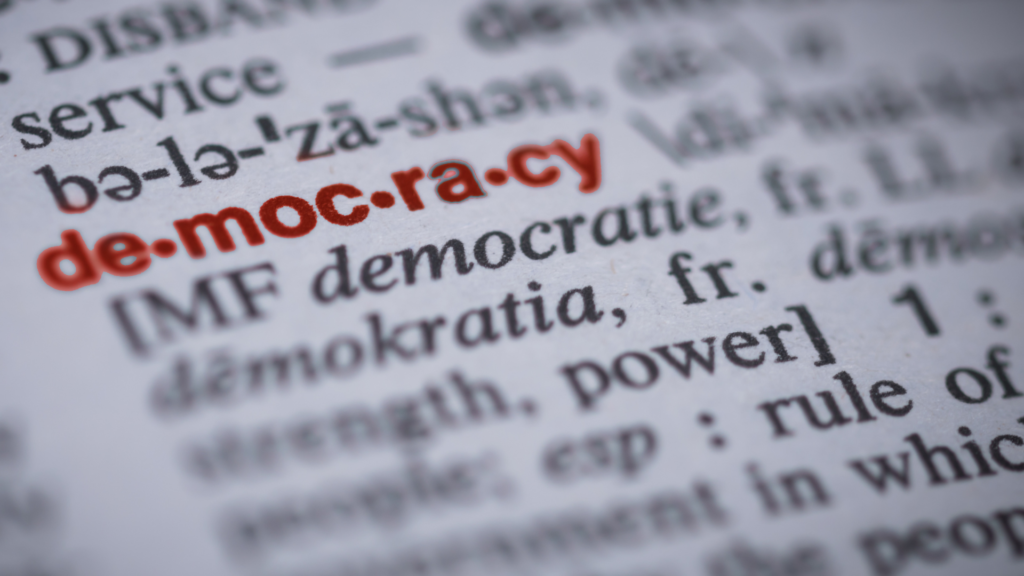Milieu Consulting has carried out a Study to support the Commission in collecting and updating information on access to justice in environmental matters in EU Member States when they adopt decisions on State aid.
Please find the final study HERE
Please find the country fiches HERE
Environmental protection is one of the highest matters of public concern. According to the Eurobarometer survey (2020), 94% of citizens in all EU Member States say protecting the environment is essential. Climate change, air pollution, and waste are considered the three most important environmental issues, and over three-quarters (78%) of respondents believe that “environmental issues have a direct effect on their daily life and health.”
While it is broadly considered a public interest, it is also a citizen’s right for both current and future generations. NGOs play a crucial role in informing decision-makers and monitoring the most serious environmental issues.
The UN Convention on Access to Information, Public Participation in Decision-making, and Access to Justice in Environmental Matters (the Aarhus Convention) gives the general public a legal foundation to defend their right to an “environment adequate to health and well-being”. Approved in 1998, it has been signed and ratified by all EU Member States and the EU itself, together with the other 35 UNECE Member States in Europe, entering into effect in 2001. The Convention has been called “the most ambitious venture in environmental democracy undertaken under the auspices of the United Nations” by former UN Secretary-General Kofi Annan.
While the Convention contains three pillars, more precisely Access to Information (Art. 4-5), Public Participation (Art. 6-8) and Access to Justice (Art. 9), the scope of this project is limited to the last two pillars.
The core obligations of the Aarhus Convention are addressed to public authorities, to be understood as including the EU institutions, but excluding bodies acting in a judicial or legislative capacity (Art 2).
While State aid which distorts or threatens to distort competition, in so far as it affects trade between Member States, is prohibited in the EU it is allowed under certain conditions, to support certain economic activities and projects, including those aiming at environmental preservation and mitigating climate change. The Commission and Member States have different roles in the field of State aid. Member States decide which economic activities should receive State aid, in compliance with the applicable legal framework. The Commission controls State aid to ensure a level playing field in the Internal Market and prevent subsidy races.
As regards acts of the EU Institutions, the Aarhus Regulation excludes State aid from its scope. However, as highlighted by the Communication on access to justice in environmental matters, the Aarhus Convention creates obligations not only for the EU but also for the 27 Member States.
The project
This project aimed to provide information on access to justice and public participation in environmental matters in Member States in the context of national State aid procedures.
It led to the development of national fact sheets for the 27 EU Member States and a final comparative study. The fact sheets contain information on the particular legal and regulatory framework in the context of national State aid procedures; the Aarhus-related rights to access to justice and public participation in environmental matters.
Milieu’s experts analysed the pertinent legal and administrative procedures in each of the 27 Member States, taking into account existing fact sheets posted on the e-Justice portal, as well as current research and articles. The 27 fact sheets were subject to consultation during the months of May, June 2023, July and mid-August 2023, and in two workshops with the European Commission, Member States’ experts and stakeholders, one in June and another one in December.
For more information, please contact:


